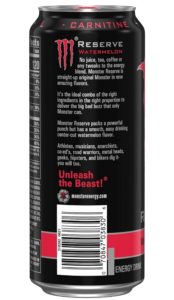
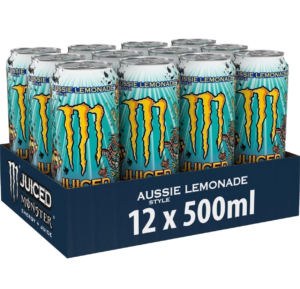
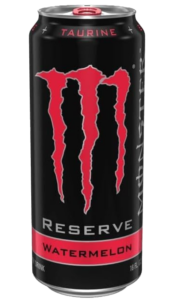
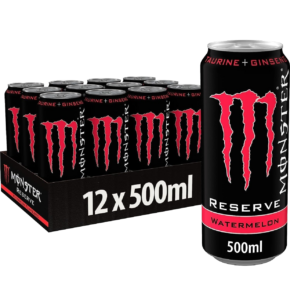

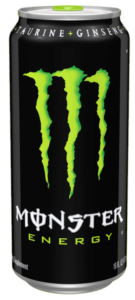
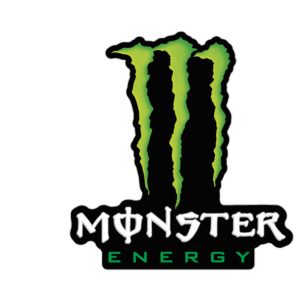
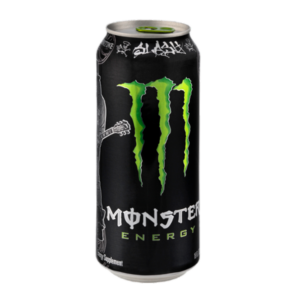
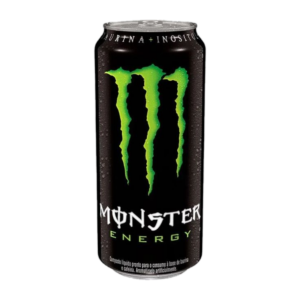
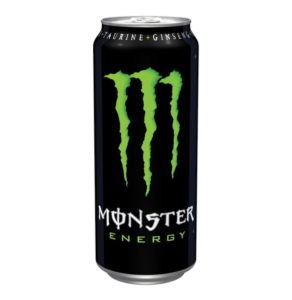
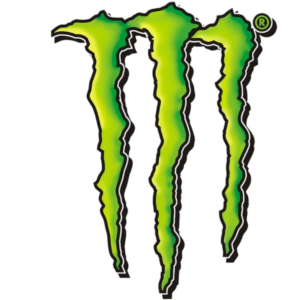
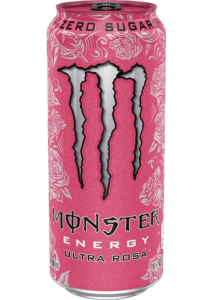
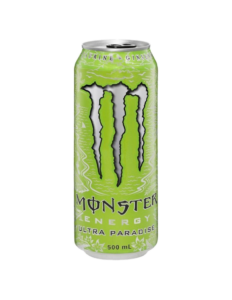
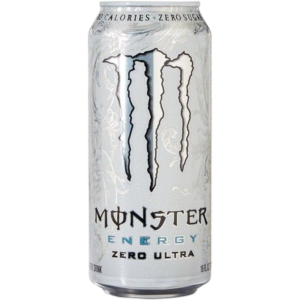
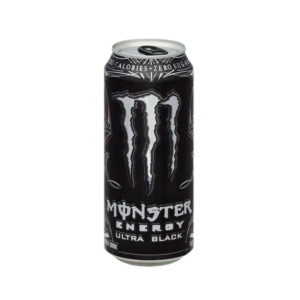
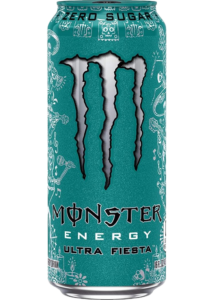
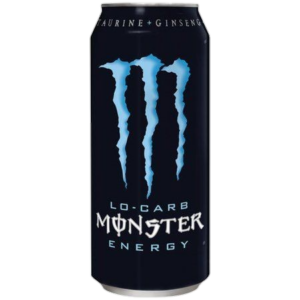
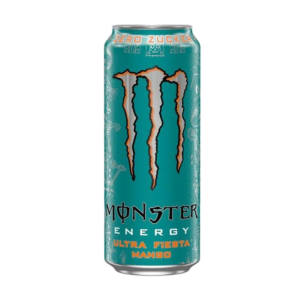
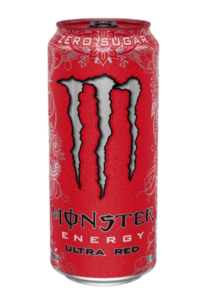
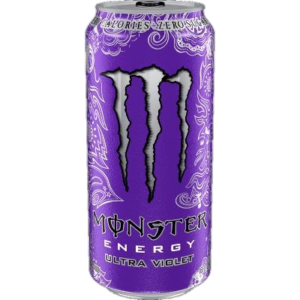
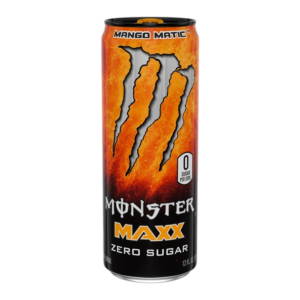
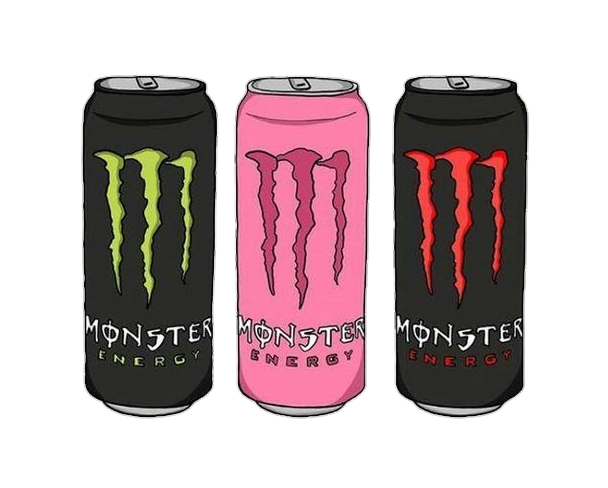
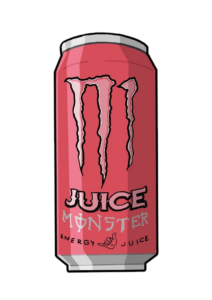
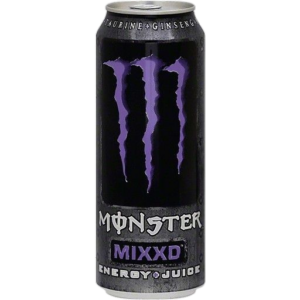

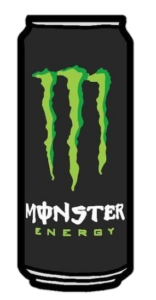
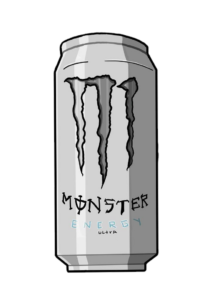
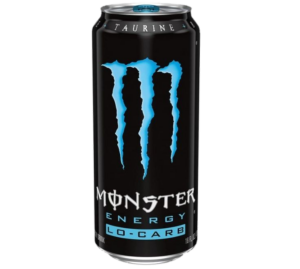
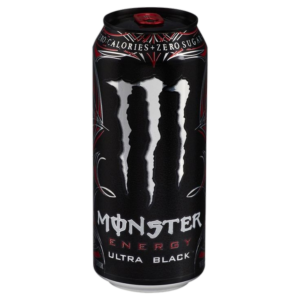
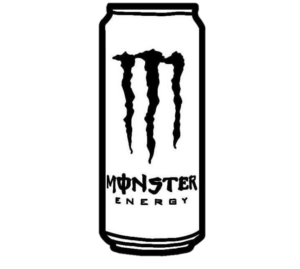
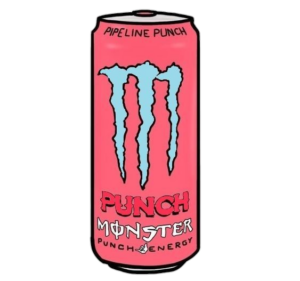
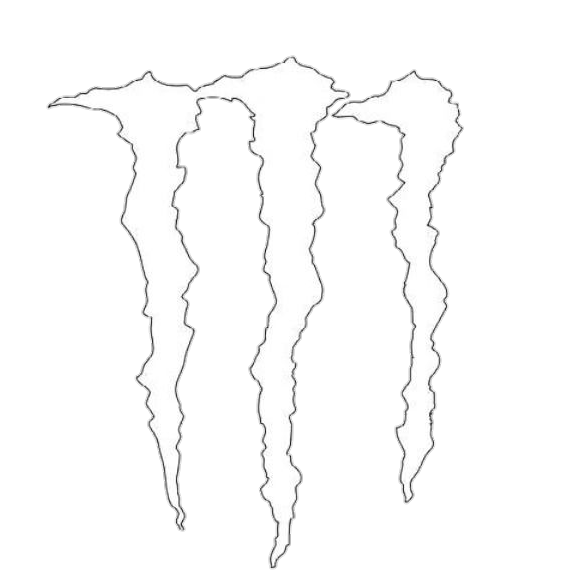
Monster Energy Drink, a popular and iconic beverage, has gained significant attention and a dedicated fan base since its introduction to the market. With its distinctive green claw marks and bold logo, Monster has become more than just a drink; it’s a lifestyle choice for many.
Monster Energy Drink was created in 2002 by Hansen Natural Corporation, now known as Monster Beverage Corporation. It was initially introduced as a variation of the original Hansen’s Natural Soda line. The founders saw an opportunity in the booming energy drink market and decided to diversify their product range.
The drink quickly gained popularity due to its aggressive marketing campaigns targeting youth and extreme sports enthusiasts. Monster sponsored various extreme sports events and athletes, establishing itself as a brand associated with adrenaline-pumping activities. This approach helped the company stand out in a crowded market and contributed to its rapid growth.
Monster’s marketing strategies have played a pivotal role in its success. The brand’s edgy and rebellious image appeals to a young and adventurous demographic. They have employed extreme sports sponsorships, music festivals, and collaborations with popular influencers to promote their products. Their iconic “Unleash the Beast” slogan embodies the brand’s spirit, encouraging consumers to embrace their inner energy and live life to the fullest.
Monster Energy offers a wide range of flavors and variations, including Monster Energy Original, Monster Ultra, Monster Rehab, and Monster Java, to name a few. These products often contain caffeine, taurine, B vitamins, and other ingredients designed to boost energy.
One of the critical ingredients in Monster Energy is caffeine, known for its stimulating effects. A typical 16-ounce can of Monster contains around 160 milligrams of caffeine, which is roughly equivalent to the caffeine content in a cup of coffee. While moderate caffeine consumption can be safe for most adults, excessive consumption can lead to adverse effects such as jitteriness, insomnia, and increased heart rate. Therefore, it is essential for consumers to be mindful of their caffeine intake and consume such beverages in moderation.
As with any energy drink, there are health concerns associated with consuming Monster Energy Drink. Excessive caffeine intake can lead to dependency and adverse health effects, especially in individuals with underlying health conditions or those sensitive to caffeine. High sugar content in some Monster varieties can also contribute to weight gain and dental issues if consumed excessively.
Moreover, there have been reports of adverse events associated with energy drink consumption, including heart palpitations and, in extreme cases, cardiac arrest. The potential risks are higher when energy drinks are consumed in large quantities or mixed with alcohol.
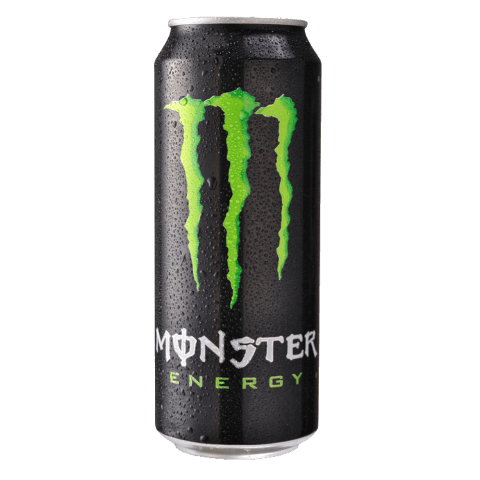
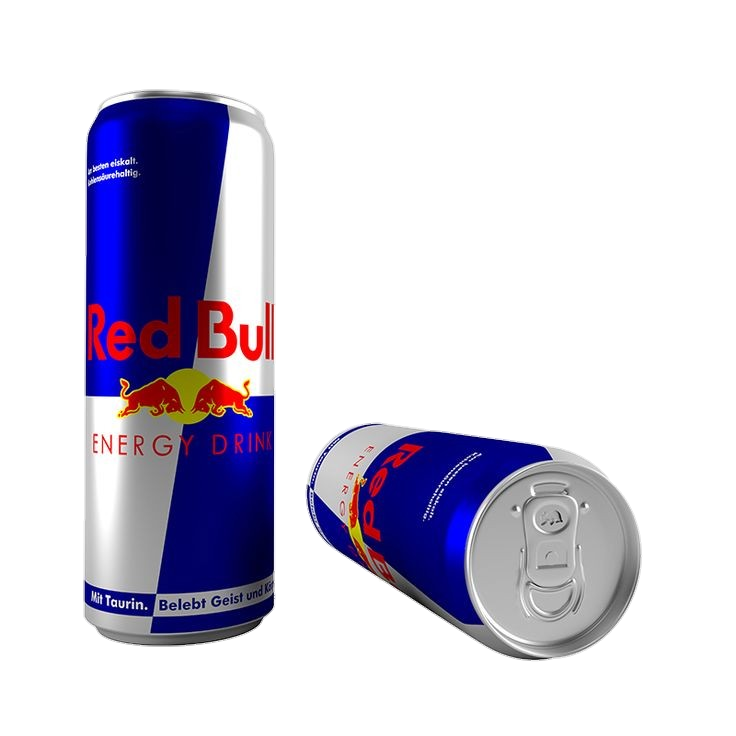

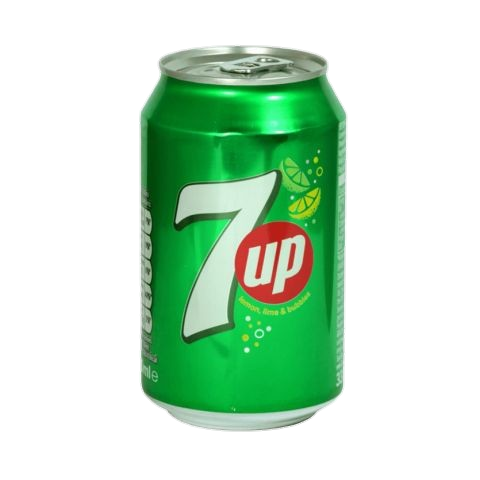
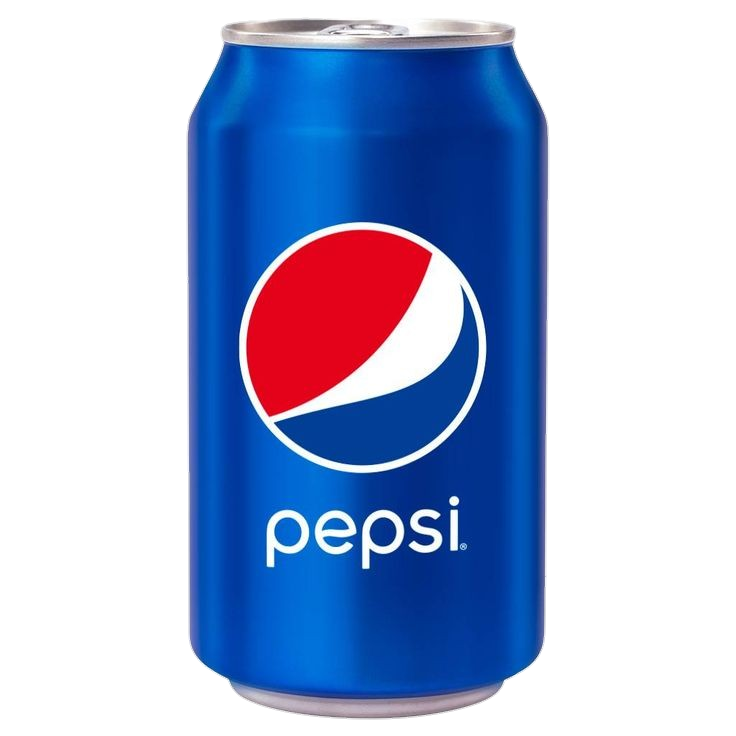
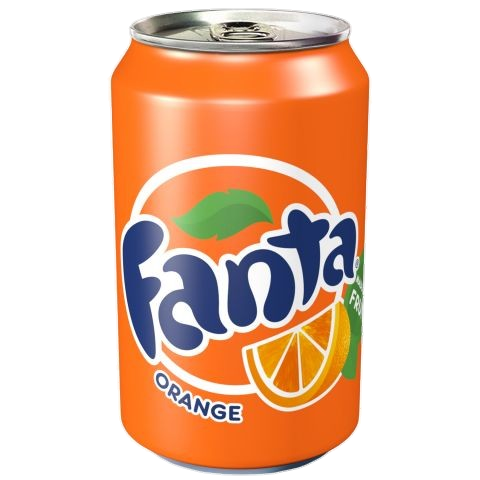
Leave a Comment